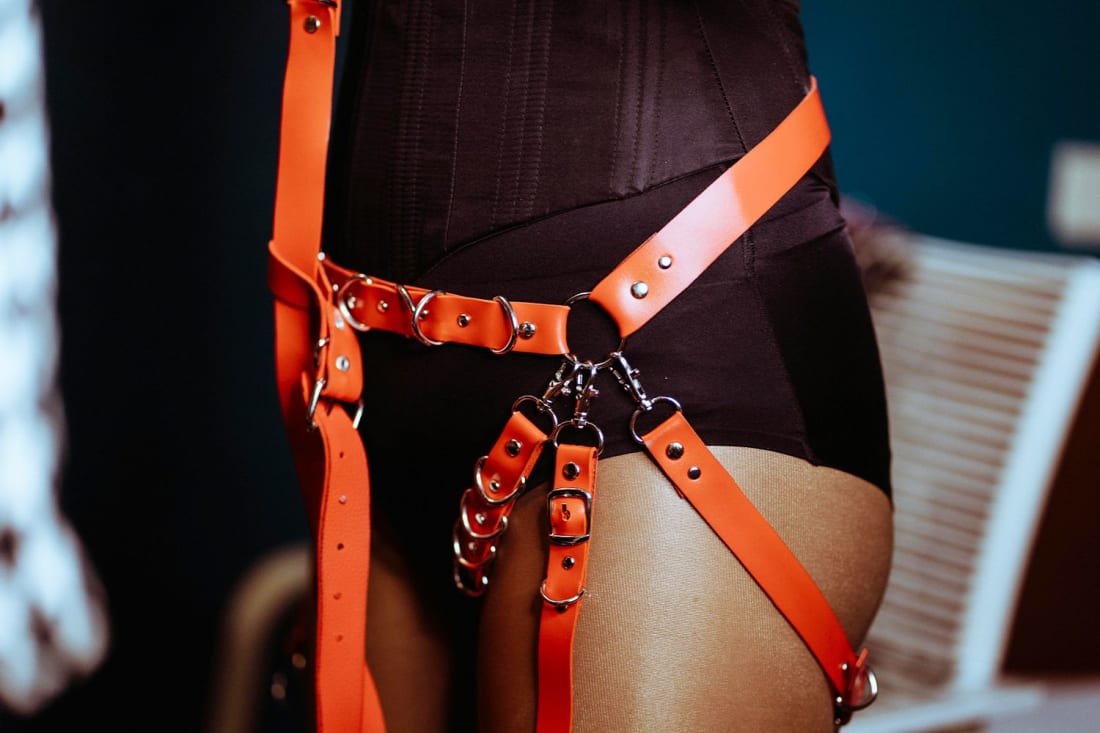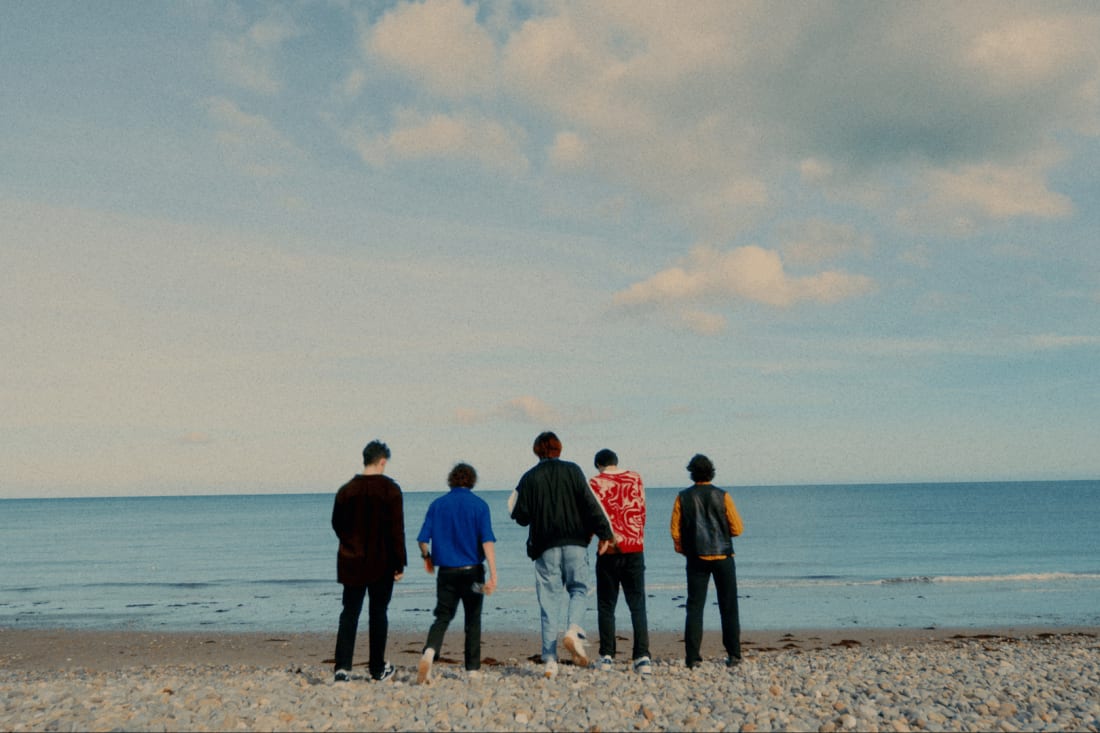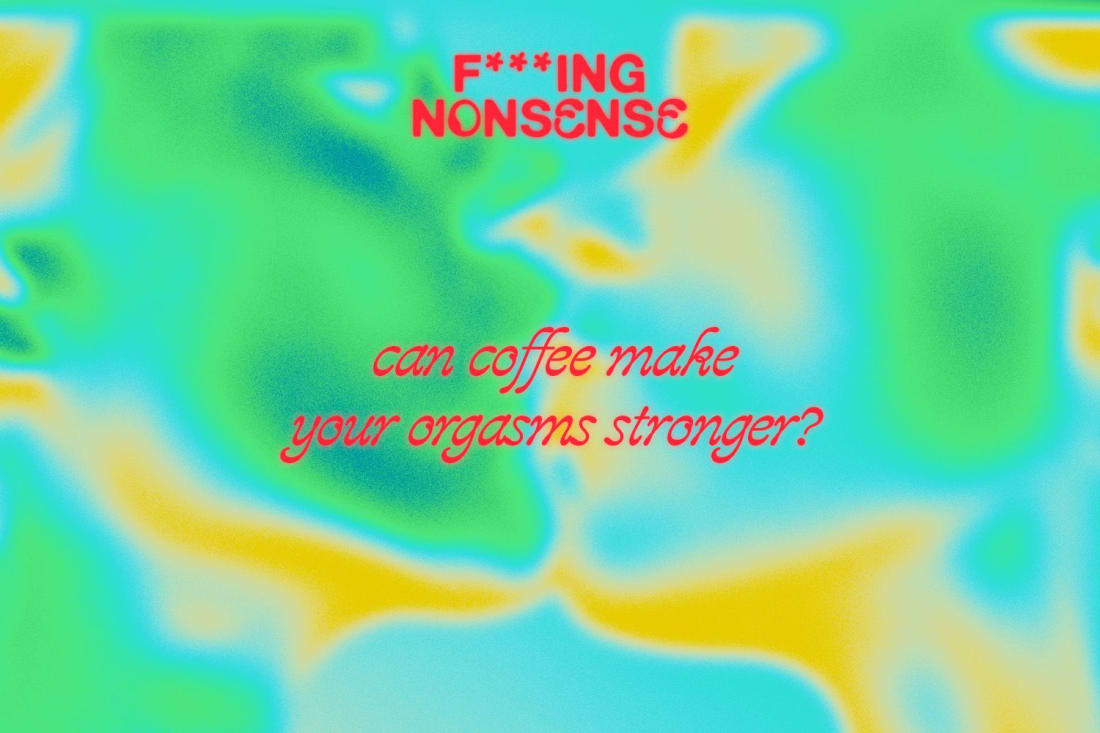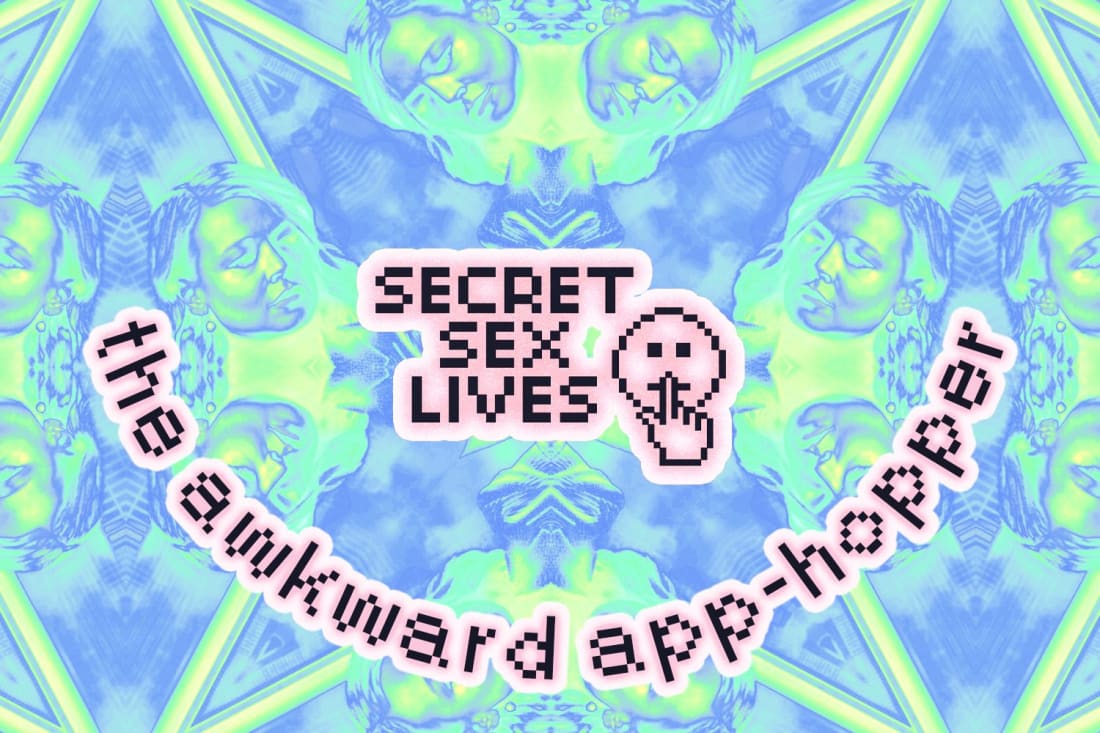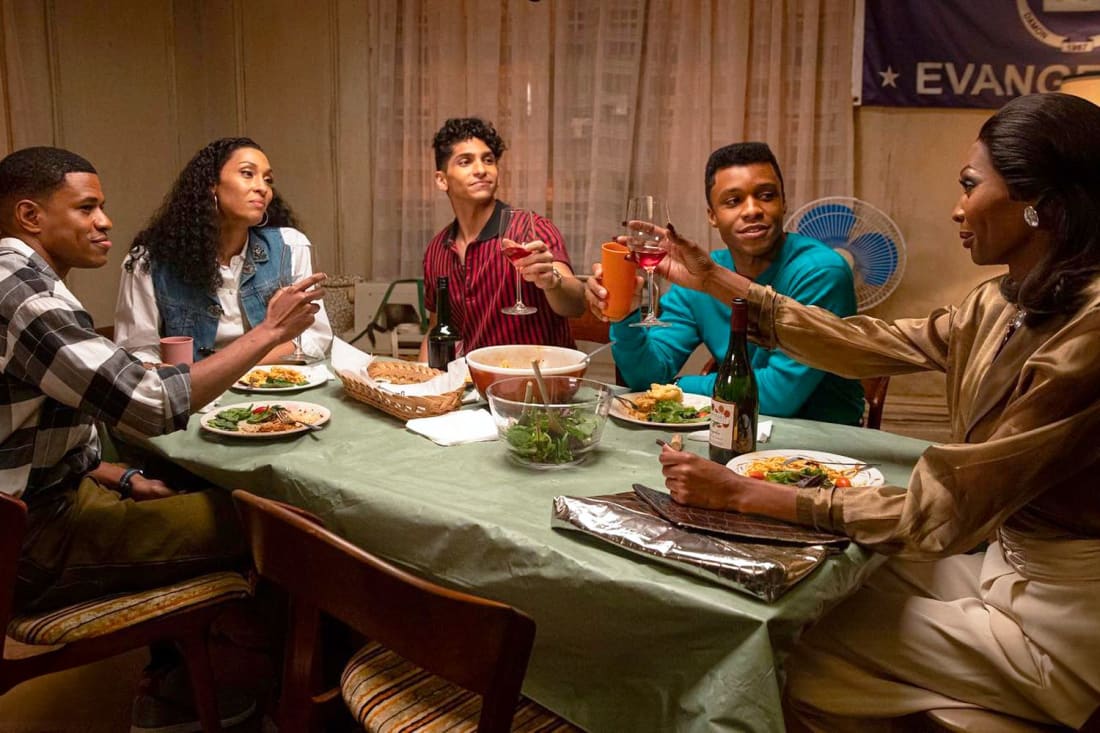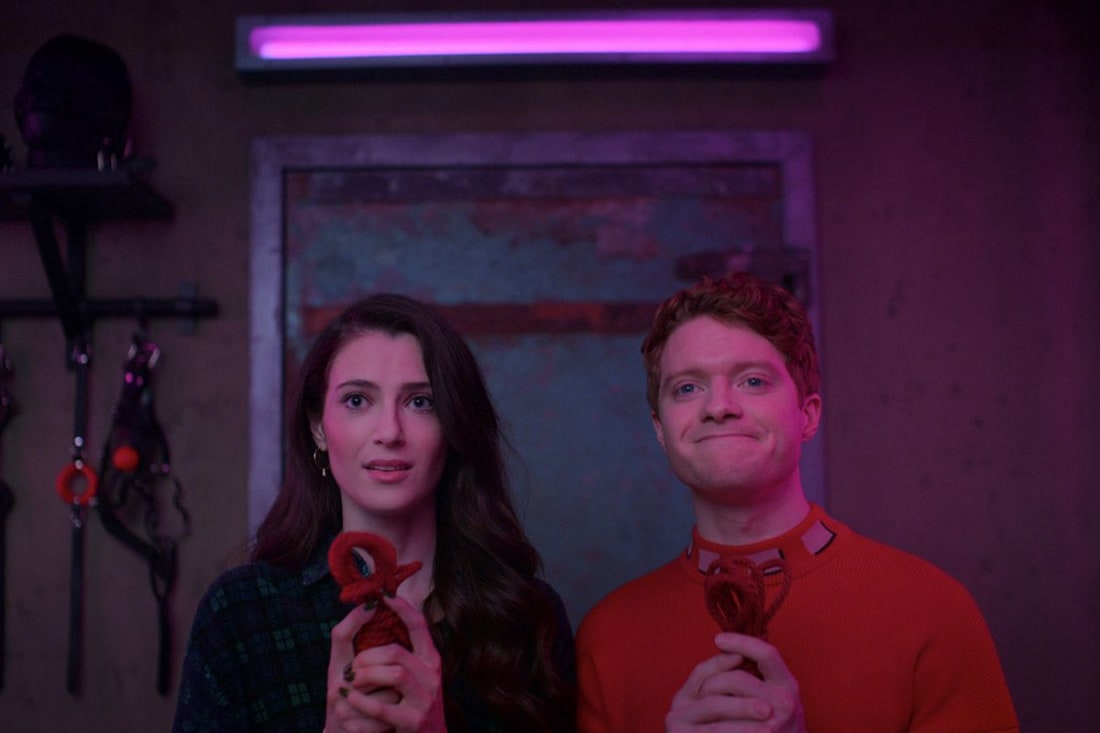What does your digital body language say about you?
How you present yourself online can get you more dates, according to Hinge’s 2024 dating report
How you present yourself online can get you more dates, according to Hinge’s 2024 dating report
When you search ‘how long should I wait to text my crush back?’ on Google, the answers vary so widely that it’s almost unhelpful. Some of the suggestions include 30 minutes to an hour, between one to three days, weekends only and… never. Whether you’ve done the legwork online, written to an agony aunt or asked the group chat for advice, we’ve all been in that over-excited, super-nervous, butterflies-in-the-tum phase with someone. You know, that time when every text, full stop and emoji is vetted to ‘woke up like this’ near-perfection.
Turns out, there’s a phrase for this behaviour and how we present ourselves online: digital body language. Think of it as the online equivalent for in-person body movements and gestures that help you gauge if they’re down bad or if he’s just not into you. Think: a bowling date where if your hands brush and your eyes meet while passing the ball, not once but twice, thrice and every time, it’s likely that there’s a vibe.
So how does this work online? And do people really care? Well, Hinge did some research around this in their 2024 DATE report and they have the receipts. 77 per cent of the app’s daters believe a match’s digital body language reveals their intentions, while 56 per cent have overanalysed their prospective date’s responses. And there’s more: the biggest indicator for whether or not you’re interested could come down to who texted first and how consistent they were. 76 per cent daters think people who initiate the conversation – and keep it going – are more committed and interested than others.
There are also other factors that colour our experience, such as how long you take to reply, what the tone and length of the text is and, of course, emoji use. “I’ve been on the apps for two years now and if a match ends every text with a period or doesn’t use any emojis, I just know we won’t get along in the real world,” says Tanyel Adda, 23. While it’s convenient to expect your match to text first and show interest with emojis, it can be awfully nerve wracking to be on the other side, nervously scrolling and refreshing in the hopes of a response.
More so for Gen Z who graduated into a recession and are terrified of rejection. “My day starts and ends with job applications so when I go on a dating app I don’t want to be turned down again,” shares Violet Fey, 25. “I’d rather wait for someone to message me and show interest.” This fear is doubled by the social anxiety that pandemic-induced isolation brought on among young people. As per Hinge’s research, Gen Z is 50 per cent more likely than millennials to put off responding to a match from the fear of seeming overeager.
So the math isn’t mathing: people use how quickly you respond to decide if you’re interested, but the same people are wary of texting you too quickly. It’s all a bit confusing, but let’s start with setting intentions and clear communication. Logan Ury, Hinge’s director of relationship science says, “If you like to text, don’t be afraid to ask your match how often they like to be in touch in between dates. And if you don’t like to text, let someone know that they shouldn’t read too much into your texting style.”
Ury also suggests coming up with alternative signalers of interest for non-texters. “Let them know you understand they don’t love texting but you’d appreciate hearing from them in smaller ways, like a ‘thinking of you’ text or a meme that reminds them of you.” After all, what’s a better love language than memes? If you’re looking for more ways to demystify digital body language and just, you know, have better dates, find love and live happily ever after, we’ve pulled some helpful findings from Hinge’s report:
Ask questions: show your match you’re actually interested in getting to know them beyond the boring “what do you do?” and “how was your weekend?”
Uncover common interests: if you want the conversation to translate offline, try and find things you’re both into in the real world and voila, there’s your first date.
Respond with empathy: it’s so easy to get into your head and appear like the cool, detached one but don’t do it. Reply like you care.
Be honest: if you read this in David Beckham’s voice, then same. But tell your match if you’re not feeling it, don’t ghost or breadcrumb.
Avoid typos: we all do it, it’s unavoidable when you’re chronically online but be more careful at the start of conversations. Apparently 39 per cent of Hinge’s daters get the ick from bad grammar, so it’s worth having spell check on.







